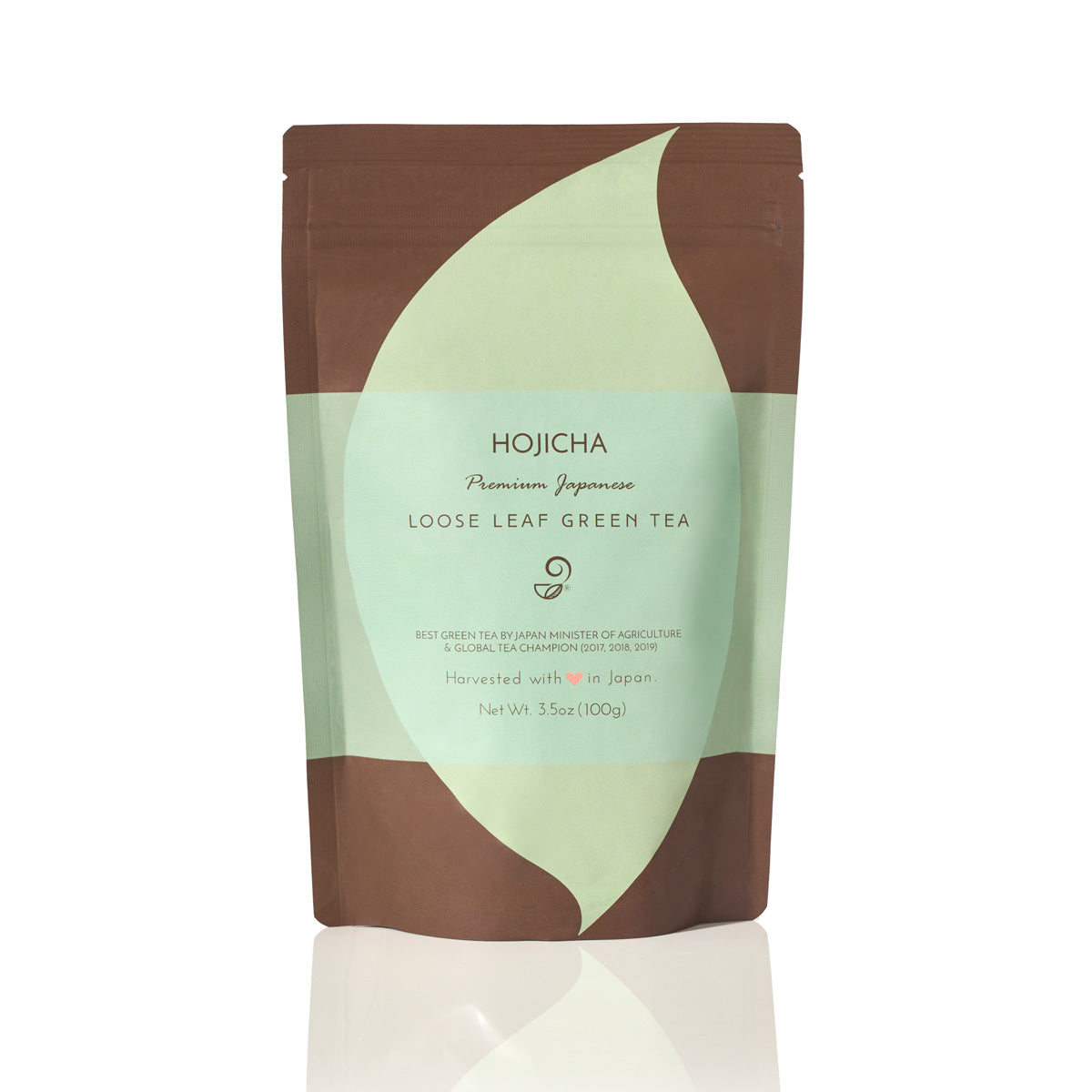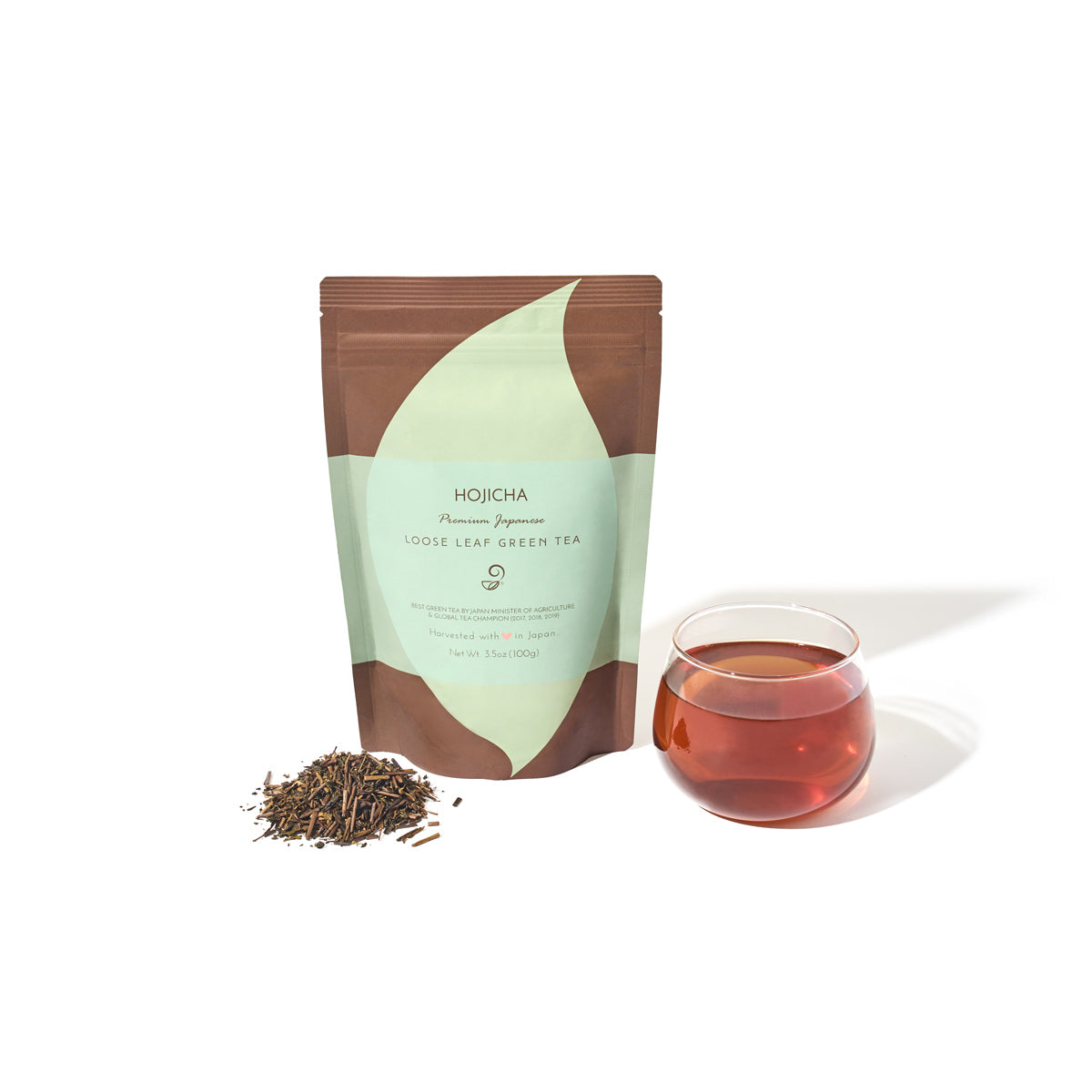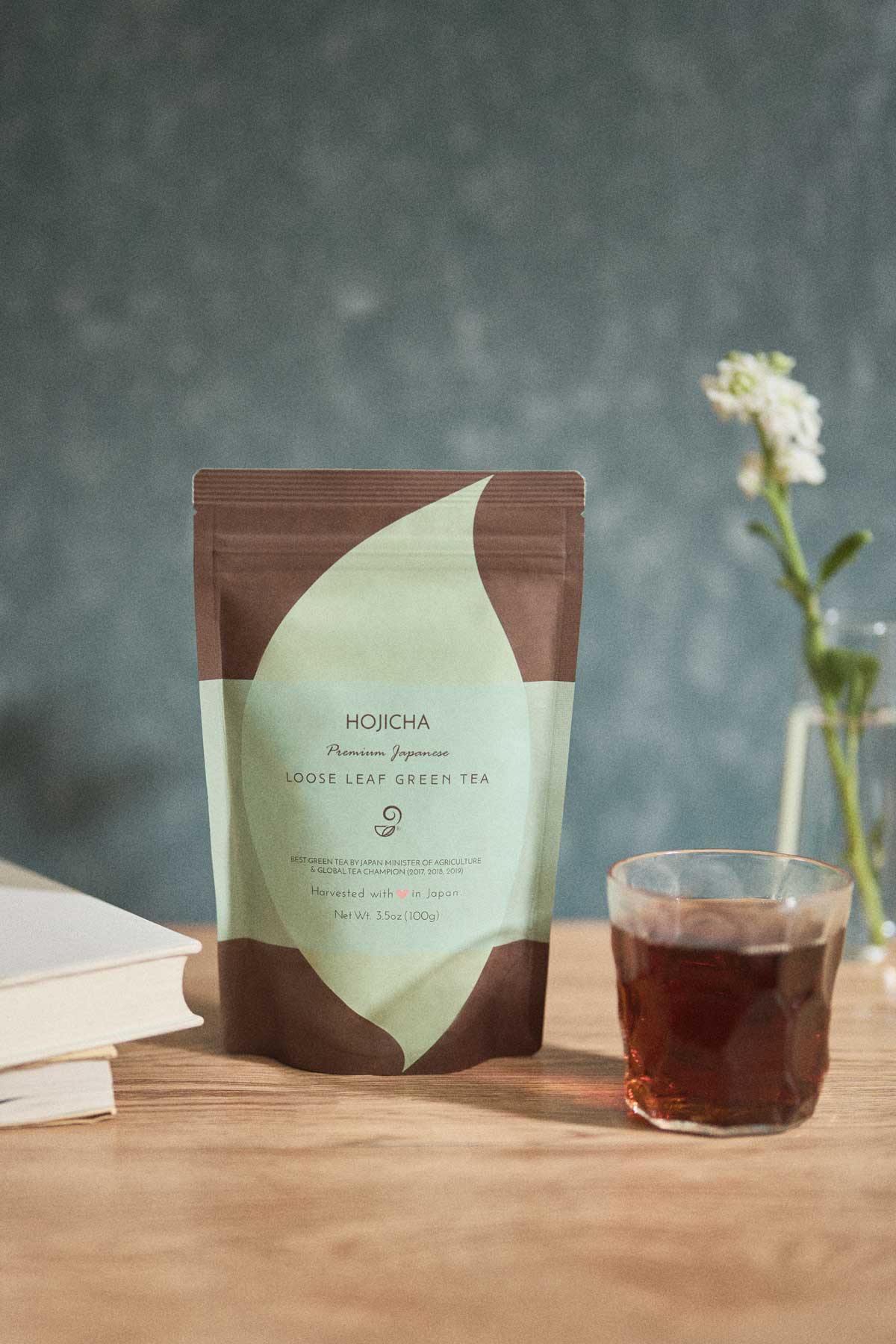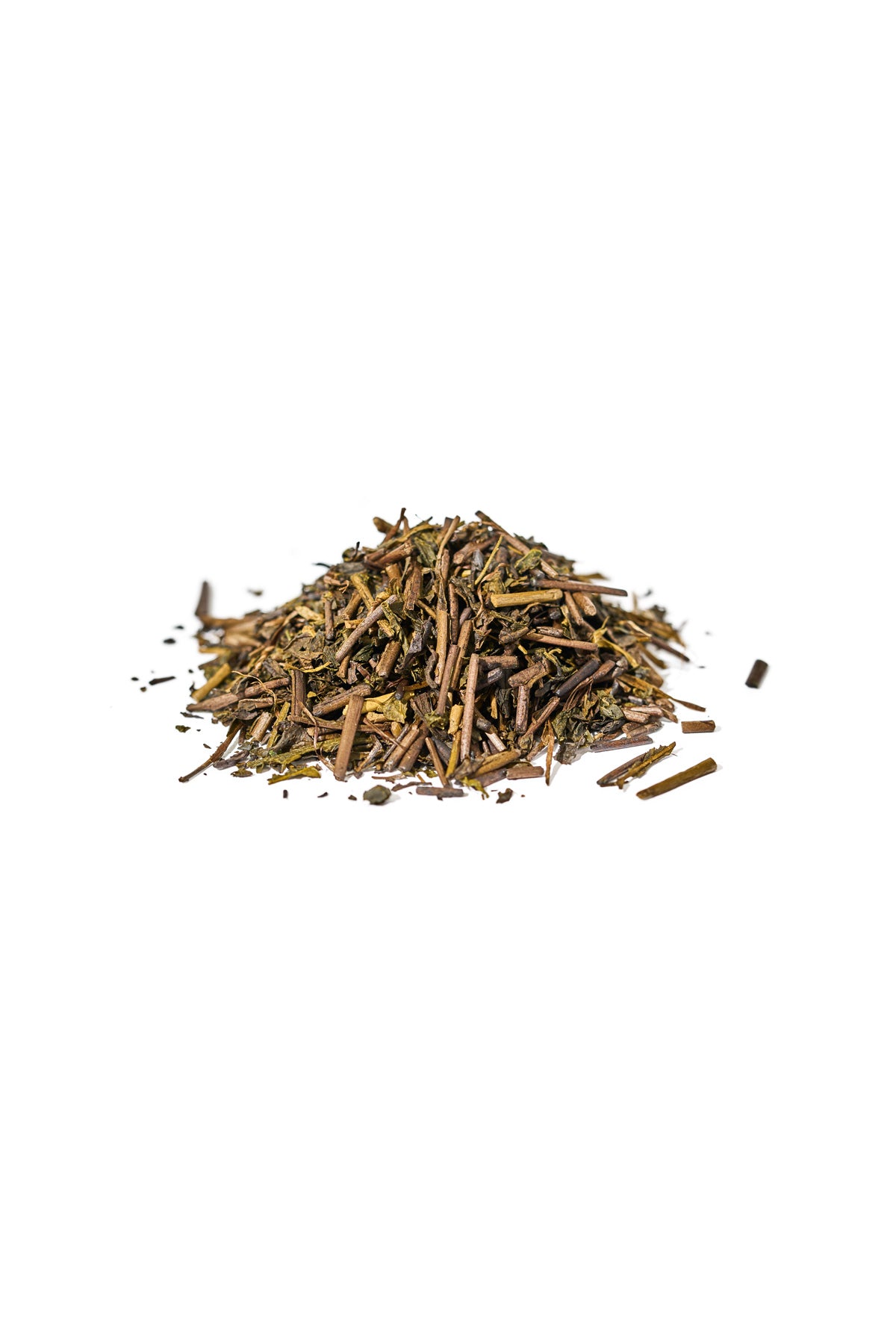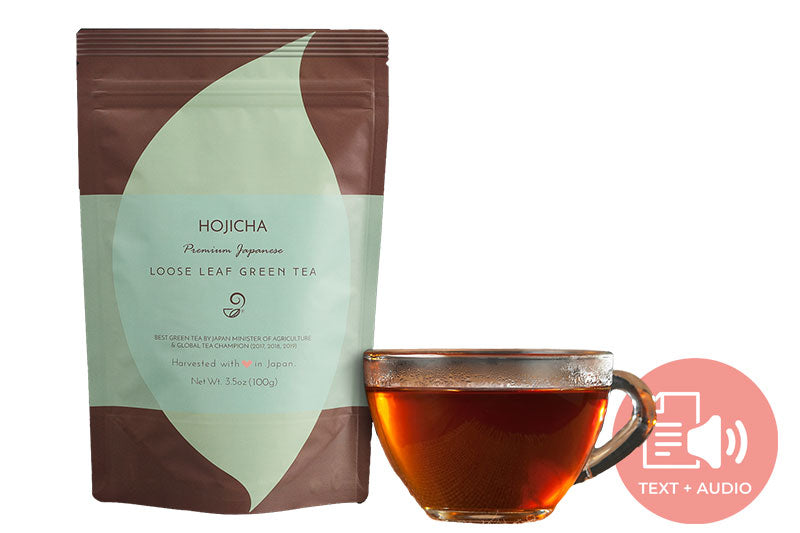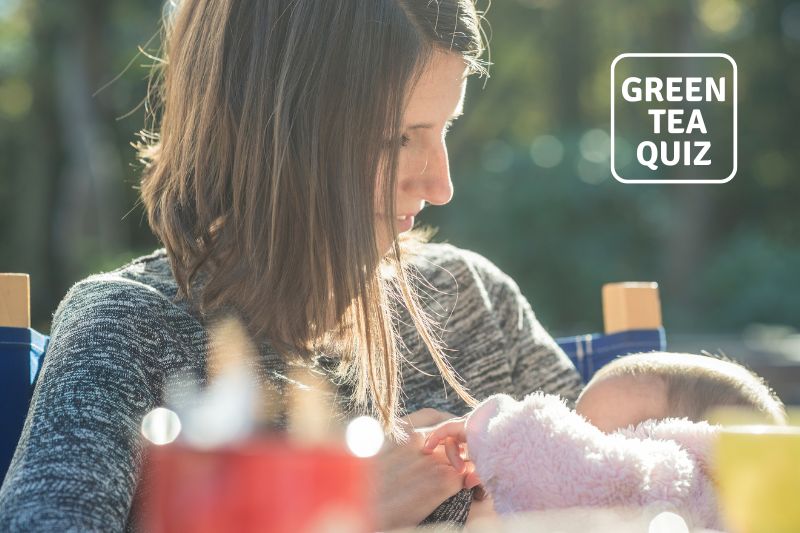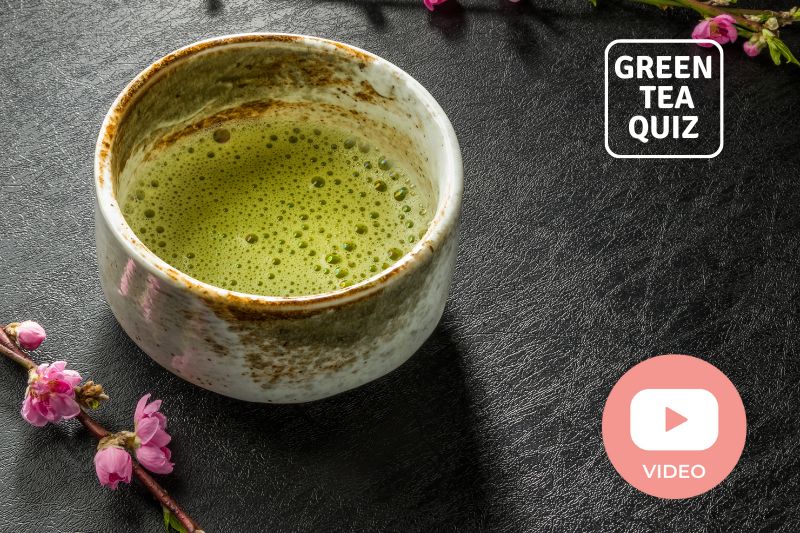Is Green Tea Good for Kids? True or False?
Green tea is known for its various health benefits, especially for adults, ranging from enhanced concentration to a reduced risk of cancer and many others. But is green tea good for children?
Since this article has been popular, we created a short video about it. Watch it first and scroll down for more detail.
Japanese green tea has been providing a variety of health benefits to the Japanese, and it is one of the reasons why the Japanese people live longer and are healthier compared to the rest of the world.
If you have children, it’s best to minimize their consumption of Japanese green tea. But that does not mean that they should not drink it.
Here are some of the benefits green tea can have on your children’s health:
Healthier Mouth
Tooth decay is one of the most common health problems that affect children. Drinking Japanese green tea can help reduce the risk of cavities in children, and it can also help with bad breath. Research shows that the phytonutrient catechins found in Japanese green tea can protect your child’s teeth and gums against the bacteria that causes cavities. The sulfur contained in green tea prevents bad breath. However, it is important to keep consumption low. One cup per day is enough (1 mug cup of 8 oz, or 236 ml). Too much green tea can result in discoloration of the teeth. So make sure green tea is drunk in moderation.
In addition to cavity prevention, Japanese green tea may also help manage early signs of gum inflammation, such as gingivitis, which can occur even in young children due to poor brushing habits or sugary diets. The antibacterial properties of catechins not only reduce harmful bacteria but also help balance the oral microbiome, promoting overall gum health. Moreover, green tea’s natural fluoride content, although mild, can contribute to strengthening tooth enamel over time. Pairing green tea with proper oral hygiene practices—like regular brushing and flossing—can reinforce dental defenses. Parents should also consider offering it between meals instead of alongside food to avoid interference with iron absorption.
Read my other article on why Japanese green tea is good for teeth.
Prevent the Flu in Children
Japanese green tea is rich in catechins. These catechins have antiviral properties that can fight both the flu and the common cold in children.
Research that was published in the Journal of Nutrition in 2011 showed that children who drank green tea on a daily basis had fewer cases of flu infections as compared to those who didn’t. The research was conducted on a group of elementary school children in Japan.
Catechins prevent the influenza virus from attaching itself to cells in the body. They also prevent the multiplication of the virus in the body. This clearly shows that drinking Japanese green tea can help prevent or fight the flu in children. But drinking too much doesn’t add additional protection.
Catechins in Japanese green tea have been found to enhance the body's natural immune response by stimulating the production of specific immune cells, such as T-cells and natural killer (NK) cells, which play critical roles in fighting viral infections.
Some studies also suggest that regular consumption of green tea may reduce the duration and severity of respiratory infections if they do occur. Offering a small cup of green tea daily during flu season, alongside maintaining a healthy diet and proper hygiene practices like handwashing, can provide an extra layer of defense for your child without relying solely on medications. As always, moderation is key to avoid unnecessary caffeine intake.
It is Good for the Heart
Most people think that heart complications only affect adults. What they forget is that plaque buildup in the arteries begins in childhood and worsens in adulthood. So taking the necessary steps to prevent the buildup of plaque and improve the health of your child’s heart will go a long way in preventing heart diseases and complications when they grow up. Research carried out and published in ‘Obesity’ showed that there was a significant decrease in blood pressure as well as cholesterol levels in children who drank Japanese green tea on a regular basis.
Beyond lowering blood pressure and cholesterol, Japanese green tea also supports healthy blood vessel function by promoting better elasticity and reducing inflammation within the arteries. This is crucial because stiff or inflamed arteries are early warning signs of future cardiovascular problems. The antioxidants in green tea, particularly epigallocatechin gallate (EGCG), help neutralize harmful free radicals that can damage blood vessels over time. Introducing heart-healthy habits like occasional green tea consumption, combined with physical activity and a balanced diet rich in fruits and vegetables, can set a strong foundation for lifelong cardiovascular health in children.
Fights Childhood Obesity
Obesity is one of the most common health problems that affects many children in developed countries today. Research done by the World Health Organization in 2013 showed that 42 million children aged between 0-5 years in the world were either obese or overweight. The study emphasized that this number is expected to rise to over 70 million by 2025. Japanese green tea increases the metabolism rate in children and helps the body burn more calories. This enhances weight loss and can prevent obesity in children.
In addition to boosting metabolism, Japanese green tea may help regulate blood sugar levels, which plays a critical role in managing weight. Stable blood sugar levels reduce the likelihood of sudden hunger spikes and overeating, habits that often contribute to childhood obesity. The polyphenols found in green tea can also help slow the absorption of fats and sugars from meals, promoting a healthier energy balance. Encouraging children to pair moderate green tea consumption with active playtime and nutritious eating habits can make a significant difference in maintaining a healthy weight and preventing long-term health issues related to obesity.
Read my other article on why Japanese green tea is good for your diet.
Improved Concentration
Japanese green tea contains L-Theanine, which is an active ingredient that helps reduce stress while also improving concentration and memory. Green tea also contains polyphenols, a chemical compound that widens the blood vessels in the body and enhances blood flow to the brain. This means your child will have a nourished and healthy brain. It is, however, essential to point out that Japanese green tea can worsen hyperactivity in children who suffer from it, so make sure your kid is safe to drink it.
Moreover, the unique combination of L-Theanine and the small amount of caffeine naturally present in Japanese green tea creates a state of “calm alertness,” which can help children stay focused without feeling jittery. Studies have shown that L-Theanine can promote alpha brain wave activity, which is associated with a relaxed but attentive mental state — ideal for tasks like studying, reading, or creative problem-solving. In children who do not have sensitivity to caffeine, a mild cup of green tea before homework or school activities may help improve attention span and cognitive performance. However, it’s important for parents to monitor their child’s response and adjust the amount accordingly to avoid any unintended overstimulation.
It’s Good for Your Child’s Skin and Hair
If you want your child to have beautiful skin and thick, strong hair, you should consider giving him or her Japanese green tea on a regular basis. Apart from having antioxidant properties that will help fight the formation of dandruff, green tea contains EGCG, a compound that can help make the hair thicker, stronger, and healthier. Additionally, green tea contains polyphenols, which help stimulate hair growth. This means that if you want to improve your child’s skin and hair health, make sure green tea is included in his or her diet.
Promoting hair strength and growth, the antioxidants in Japanese green tea help protect the skin from environmental damage, such as pollution and UV rays, which can lead to premature aging and irritation even at a young age. Green tea’s anti-inflammatory properties can also soothe common skin conditions in children, such as eczema and mild rashes, by reducing redness and calming sensitive skin.
Furthermore, the vitamins B2 and E found in green tea play a key role in maintaining youthful skin structure and promoting cell regeneration. Incorporating a moderate amount of Japanese green tea into your child’s routine, alongside a healthy diet and proper skincare, can naturally support a glowing complexion and vibrant hair.
Read my other article on why Japanese green tea is good for hair.
Boosts Immune System
Apart from preventing influenza, Japanese green tea also boosts the immune system in children. Green tea is rich in antioxidants that prevent childhood-related diseases. It prevents skin rush by keeping the skin healthy, enhances the formation of strong and healthy bones, and above all, enables the kids to grow healthy. In other words, giving your child Japanese green tea every morning in moderation will enable them to grow healthy, and it might prevent frequent doctor’s visits.
Japanese green tea supports the production of key immune cells, such as lymphocytes and macrophages, which help the body defend against infections and promote faster healing when illnesses do occur. Its high content of catechins and flavonoids not only neutralizes harmful pathogens but also reduces oxidative stress, which can weaken a child's immune defenses over time.
Some research even suggests that regular, moderate consumption of green tea may enhance the effectiveness of vaccines by priming the body's immune response. By pairing green tea with a balanced diet rich in fruits, vegetables, and proteins, parents can help build a stronger, more resilient immune system for their children, providing them with better protection throughout the year.
Caffeine Tolerance for Kids
Japanese green tea, especially low-caffeine tea from the Japanese Green Tea Company, has low doses of caffeine in it and is generally safe for kids to drink as long as they follow the general guidelines for the amount.
It is commonly recommended that kids 4-6 years old have a maximum intake of 45 mg of caffeine a day, which is about a single weak cup of green tea (1 mug cup of 8 oz or 236 ml).
After 10–12 years old, it does not hurt to let them have a cup or even more (1 mug cup of 8 oz or 236 ml).
(Reference: LiveScience)
You should, however, always monitor how your kids react to any caffeinated drinks. Research has shown that drinking too much caffeine can make some nervous disorders worse. Caffeine is also a diuretic that causes the body to eliminate water, which can lead to dehydration if consumed in excess. It was also once thought that caffeine hurt growth, but scientific research was never able to conclude this statement.
If your kid experiences irritability, hyperactivity, insomnia, or an inability to concentrate after drinking Japanese green tea, it is an indication that your child has either consumed too much caffeine or has a caffeine sensitivity, and you should stop giving it to him or her.
Make sure you introduce Japanese green tea slowly to your kid’s diet. Watch how they react to it and gradually up the dosage. It’s best to start with a mild brew and see how your kid reacts to it.
Read my other article about everything you need to know about caffeine.
In conclusion, Japanese green tea is beneficial to children and should be a part of any balanced diet. Just make sure you let your kids consume it in moderation. It’s also important to note that caffeine sensitivity can vary widely among children, depending on factors like body weight, metabolism, and genetic predisposition. Some children may show signs of sensitivity even after very small amounts of caffeine, while others can tolerate slightly higher levels without any noticeable effects.
Parents should also be mindful of other hidden sources of caffeine in their child's diet, such as chocolate, sodas, and certain medications, to ensure that the total daily intake stays within safe limits. Choosing specially crafted low-caffeine Japanese green tea varieties designed for younger drinkers can be a smart way to introduce this healthy beverage without overwhelming their developing systems. Establishing healthy tea habits early on not only helps with caffeine management but also encourages mindfulness about balanced nutrition as children grow.
There are teas with less caffeine that are recommended for kids. Hojicha is one of them.
Get Free Bonus Books

Sign up for free to the Green Tea Club to get advice and exclusive articles about how to choose Japanese Tea, and tips, tricks, and recipes for enjoying Japanese tea.
About the author
Kei Nishida
Author, CEO Dream of Japan
Certification: PMP, BS in Computer Science
Education: Western Washington University
Kei Nishida is a passionate Japanese green tea connoisseur, writer, and the founder and CEO of Japanese Green Tea Co., a Dream of Japan Company.
Driven by a deep desire to share the rich flavors of his homeland, he established the only company that sources premium tea grown in nutrient-rich sugarcane soil—earning multiple Global Tea Champion awards.
Expanding his mission of introducing Japan’s finest to the world, Kei pioneered the launch of the first-ever Sumiyaki charcoal-roasted coffee through Japanese Coffee Co. He also brought the artistry of traditional Japanese craftsmanship to the global market by making katana-style handmade knives—crafted by a renowned katana maker—available outside Japan for the first time through Japanese Knife Co.
Kei’s journey continues as he uncovers and shares Japan’s hidden treasures with the world.
Learn more about Kei
